June 15, 2015
The London Festival of Architecture explores the workplace of the future
 The ongoing London Festival of Architecture (LFA) which is running for the entire month of June, continues what the organisers say are the ‘big workplace conversations’ with a week of focussed discussions, debates and contributions from a number of prominent designers, architects and industry commentators on the theme of the workplace of the future. Running in tandem with London Technology Week (15-21 June), week three of the festival will focus on what the organisers claim are several ‘game-changing’ workplaces as well as the smart technologies and architecture already being created by industry leaders shaping where we work, how we work and what the next generation office and employee will need. Exclusive access will also be given into the practices realising the new models of the workplace through the RIBA Open Studios programme.
The ongoing London Festival of Architecture (LFA) which is running for the entire month of June, continues what the organisers say are the ‘big workplace conversations’ with a week of focussed discussions, debates and contributions from a number of prominent designers, architects and industry commentators on the theme of the workplace of the future. Running in tandem with London Technology Week (15-21 June), week three of the festival will focus on what the organisers claim are several ‘game-changing’ workplaces as well as the smart technologies and architecture already being created by industry leaders shaping where we work, how we work and what the next generation office and employee will need. Exclusive access will also be given into the practices realising the new models of the workplace through the RIBA Open Studios programme.





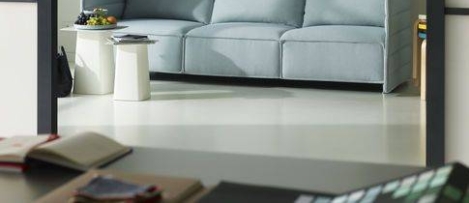
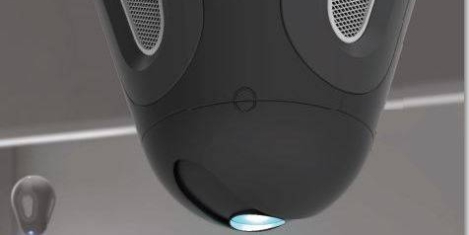

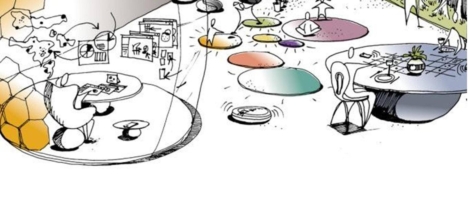
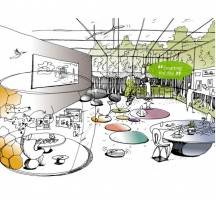
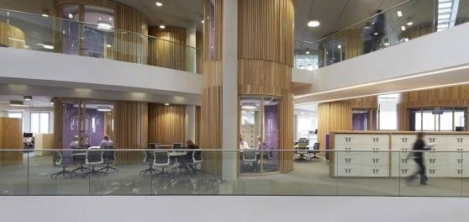



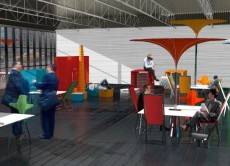



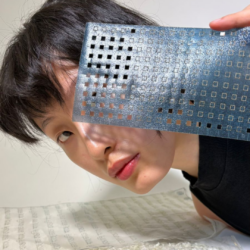









March 10, 2014
The workplace of the future is one founded on uncertainty
by Mark Eltringham • Comment, Facilities management, Flexible working, Technology, Workplace, Workplace design
(more…)